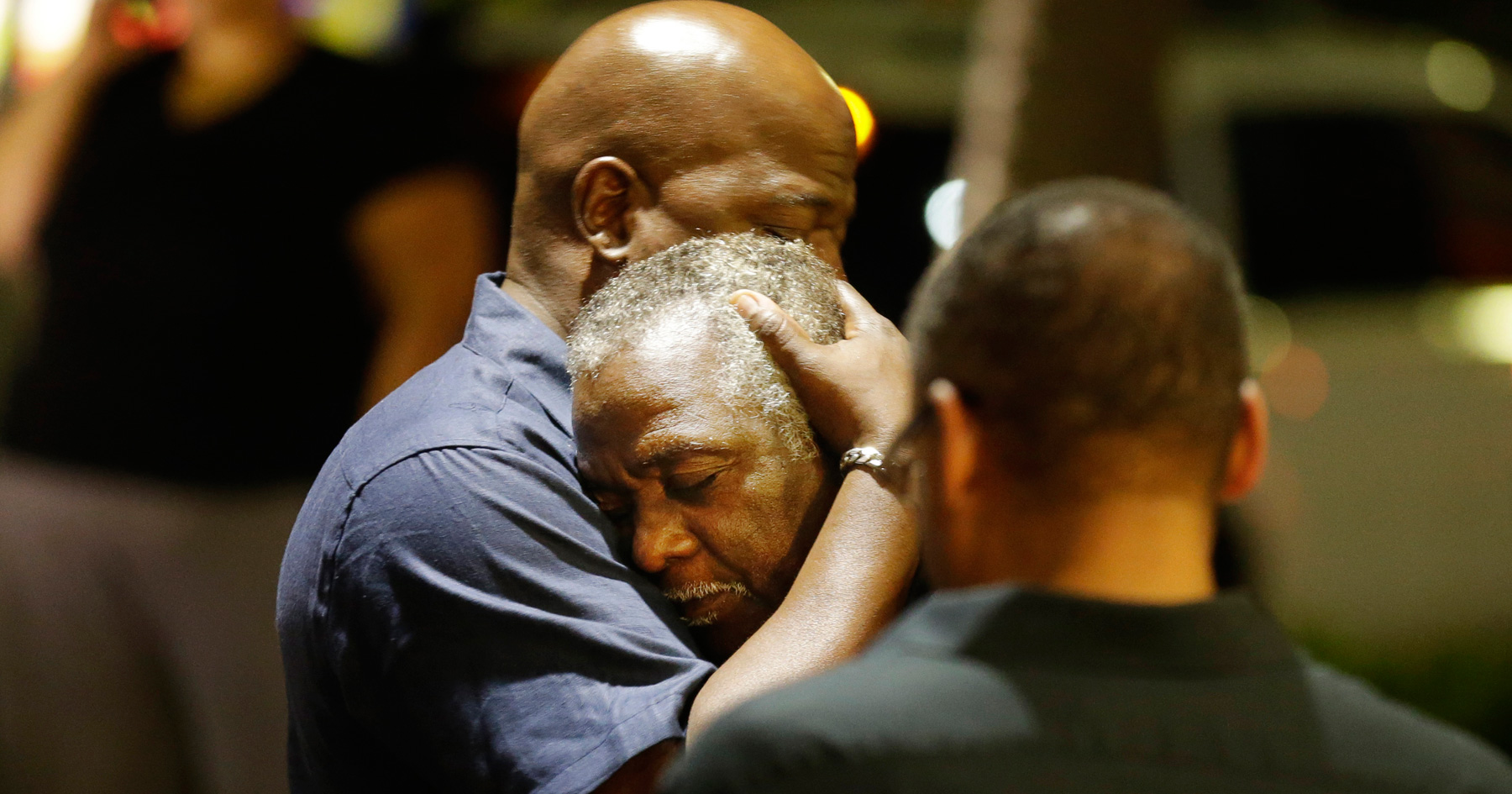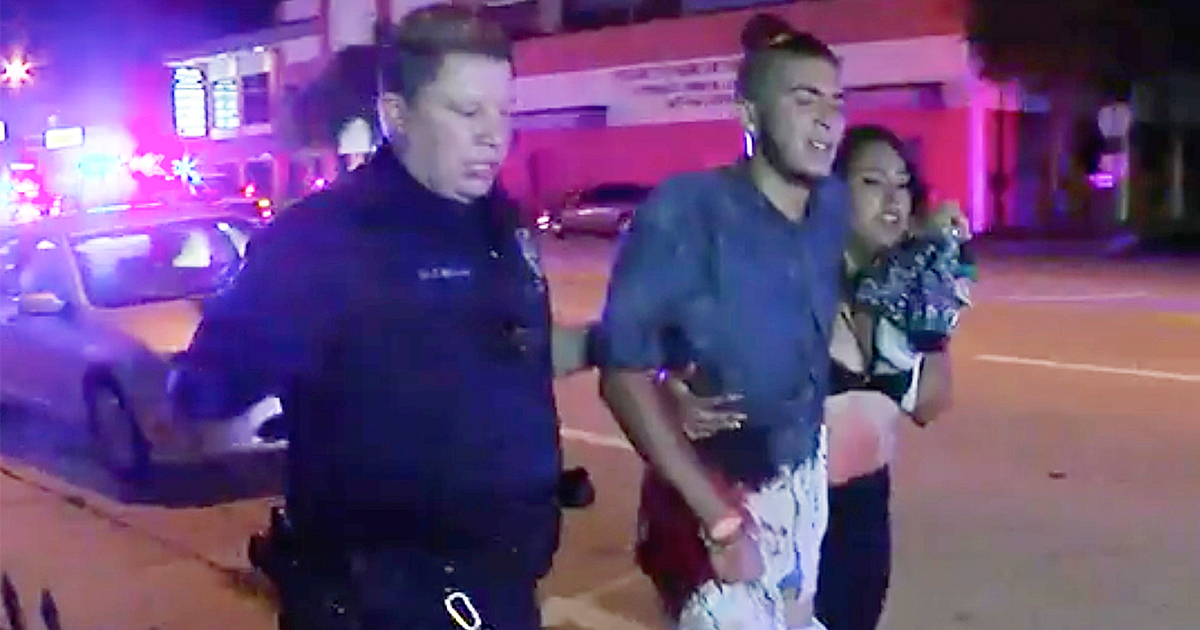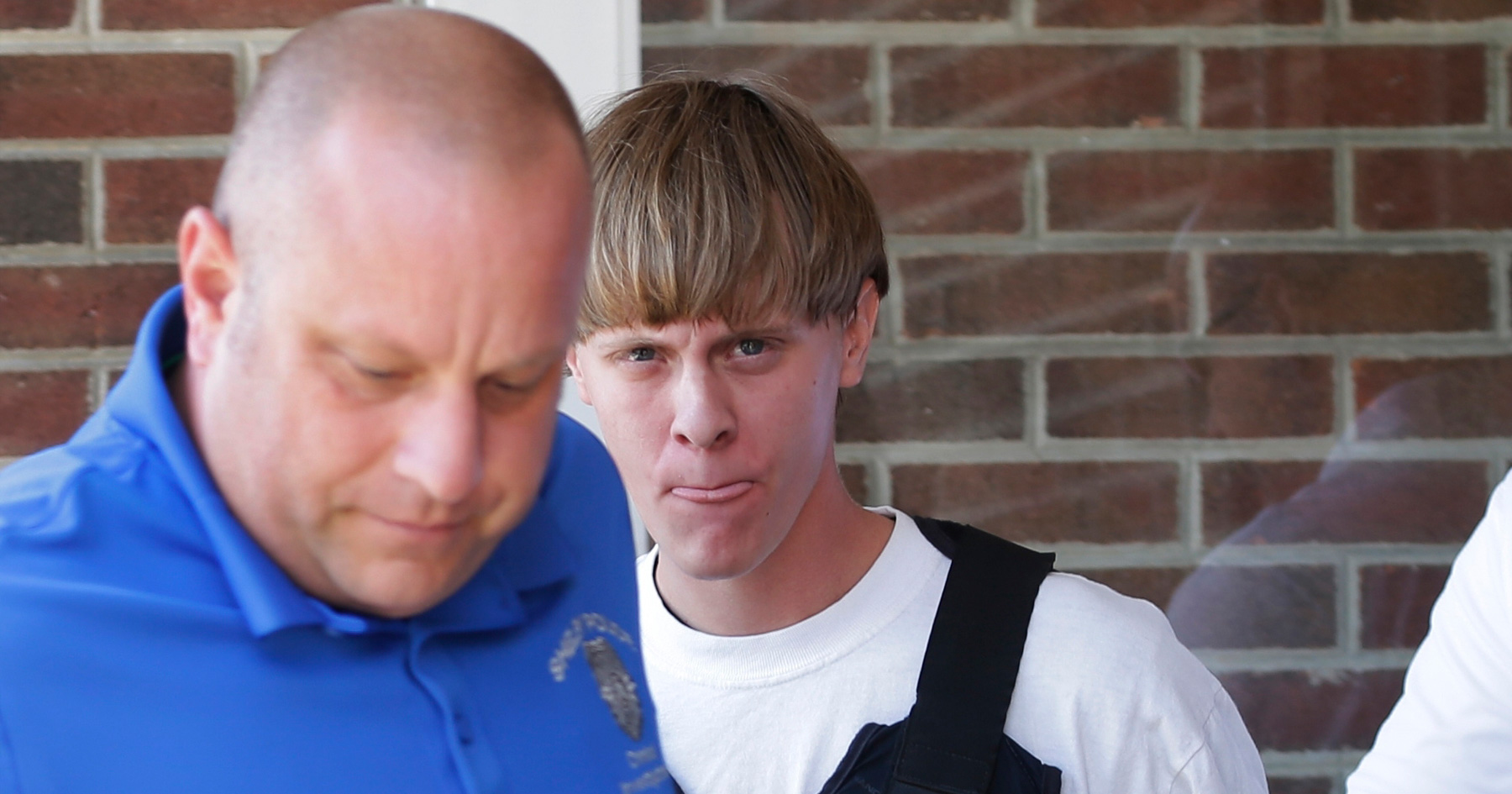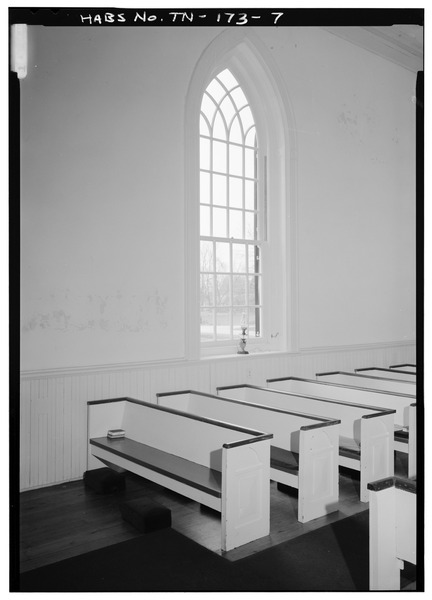The Reason 'Sanctuaries' Have Never Been Safe

By:
Friday was the one-year anniversary of the Charleston shooting that killed nine people, and it's also and the end of a week filled with mourning for the Orlando shooting victims.
 AP Photo/David Goldman - apimages.com
AP Photo/David Goldman - apimages.com
Two sanctuaries for minority groups were destroyed by gunfire, and that's not a coincidence. Places that are commonly considered to be safe spaces for minorities have in reality been the focus of hate throughout American history.
 AP/Steven Fernandez - apimages.com
AP/Steven Fernandez - apimages.com
ATTN: talked to experts about the violent history of places that were meant to be a refuge from discrimination, but instead became targets for domestic terrorists like Dylann Roof and Omar Mateen.
 AP Photo/Chuck Burton - apimages.com
AP Photo/Chuck Burton - apimages.com
"Historically, 'safe spaces' is a term where you would think about churches and you would think about temples," said Shane'a Thomas, a senior lecturer at the University of Southern California and a clinical social worker who works with people in the LGBT community. In the wake of the Orlando shooting, she said that some people struggled to see the significance of gay bars as a safe space. "I think some people are confused as to why we deemed those safe spaces, but some people don't understand the dynamic of homophobia."
The Orlando nightclub, Pulse, was a safe haven for the victims.
Gay spaces such as bars and nightclubs are important political and community centers for gay people. The anniversary of the Stonewall Riots is later this month, a significant political and cultural moment for the LGBT community in America. In 1969 police raided the gay bar called the Stonewall Inn in New York City, and the community fought back against the continuous harassment.
Gay bars provide a sense of community away from greater society, similar to the role Black churches have filled for the Black community since slavery.
"During slavery African Americans would meet in secret to worship and plot rebellions," said University of California, Irvine history professor Jessica Millward, Ph.D. The church targeted by Dylann Roof in the Charleston shooting had a long history in the Black community, she said. One of the co-founders Denmark Vesey planned a slave rebellion there.
 Wikimedia Commons - wikimedia.org
Wikimedia Commons - wikimedia.org
However, Tikesha Morgan, Director of Student Affairs at Emerson College's Kasteel Well campus, said that in reality, there are no safe spaces. She was the Director of Multicultural student affairs at the college until this summer. She previously used the term "safe spaces" for her students, but began implementing the term "brave spaces" instead.
"There are no sanctuaries anymore and when I say sanctuary I mean a school, a church or a gay club," she said. "It's been some time since we've seen a church bombing but this is nothing new to our country."
Black churches have been bombed, lit on fire, and shot at throughout history. After Vesey was hanged for plotting a rebellion in 1822, white people in Charleston, S.C. attacked the church. "The church was burned to the ground and rebuilt by the community," Millward said.
In one of the most horrifying events of the American Civil Rights Movement, a Ku Klux Klan member bombed the Sixteenth Street Baptist Church in Birmingham, Ala. killing four girls all under the age of 15 in 1963.
Many other churches have been bombed or burnt to the ground.
"Perhaps the goal of the perpetrators is to send a message that even God cannot save African Americans from attack," Millward said. "That may be the initial message but violence has done little to quiet Black churches."
Morgan, a queer woman of color, hopes that the gay community continues to use its voice.
"I would like to see people be fearless and go out and celebrate pride," she said. And although she has never made the assumption that she's safe, "when I'm in spaces, I'm very aware of who's coming in and I think I always have been."
Robert Jones, Jr., a writer and creator of "Son of Baldwin," an online community for social justice, told ATTN: that people need to look at both the Charleston shooting and the Orlando shooting as terrorist hate crimes. Dylann Roof was a white American and Omar Mateen was a Muslim-American of Afghani descent.
"In a very broad sense, both of these massacres are similar in that they seemed to have been committed by individuals possessed of a profound hatred of specific marginalized communities, and used their hatred as fuel to commit unspeakable murderous acts against harmless and unsuspecting victims. I regard both of these as terrorist hate crimes, though it seems the American government and a peculiar segment of the American public only regards one of these horrors as a terrorist hate crime."- Robert Jones Jr
Other communities have seen attacks on their spaces as well. There have been 26 reports of attacks on mosques since the San Bernardino attack in 2015, according to an analysis by ATTN:.
Thomas said that "oppression is connected."
"I'm concerned about the the lack of empathy that some people have," she said. "We're not really quick to jump to help people of Islamic faith, but we should be."
